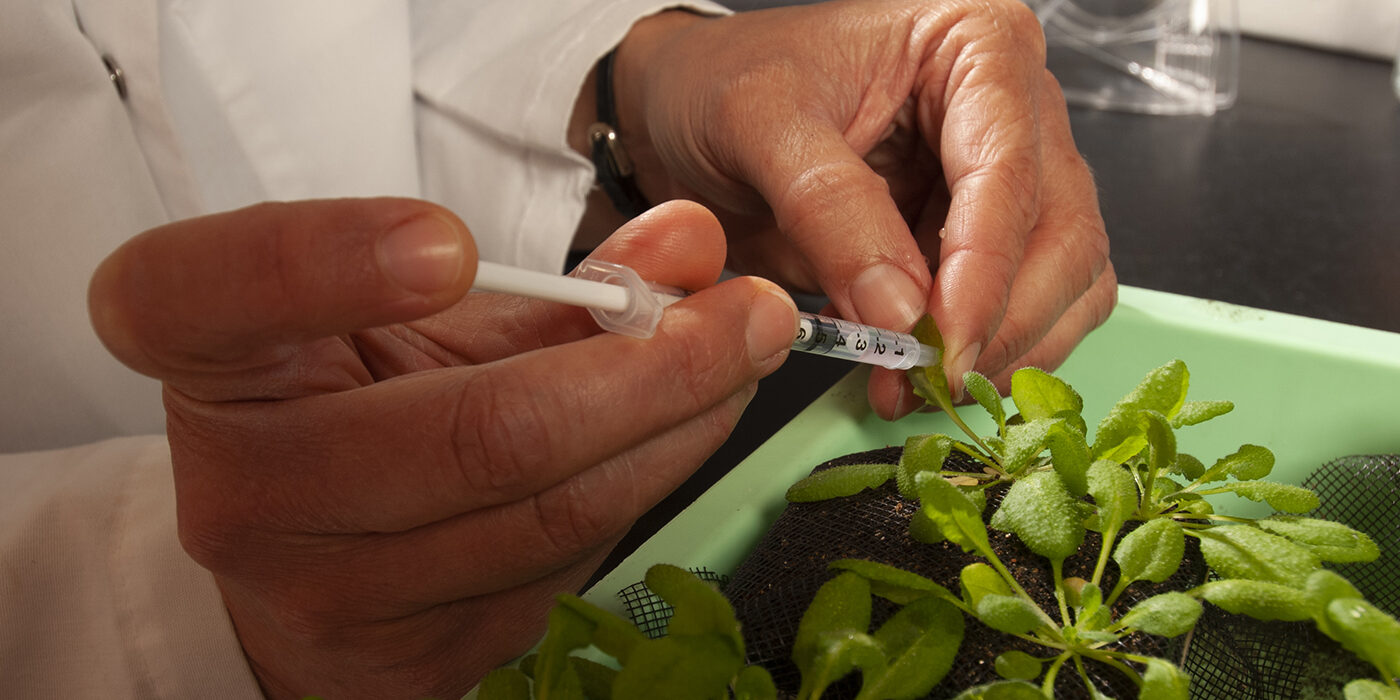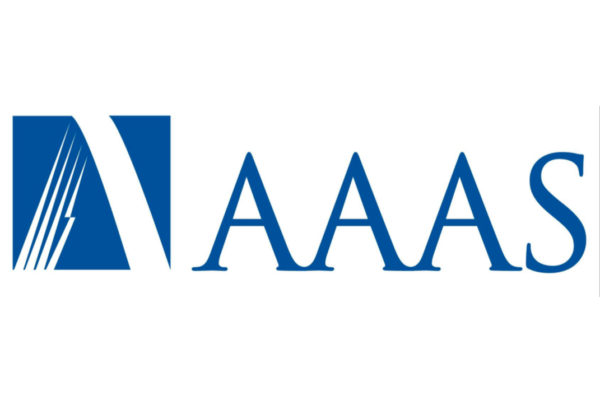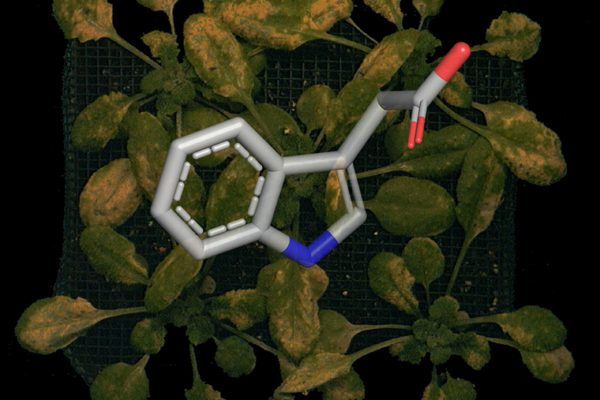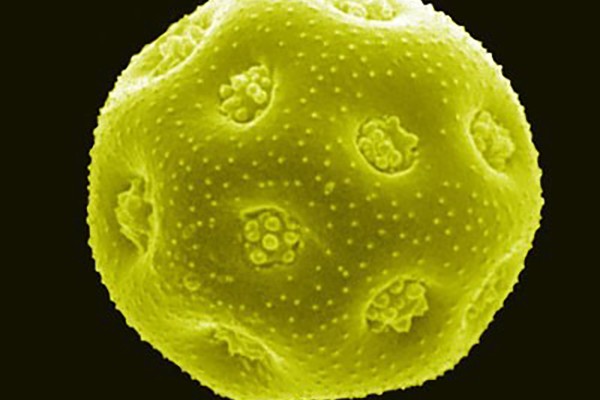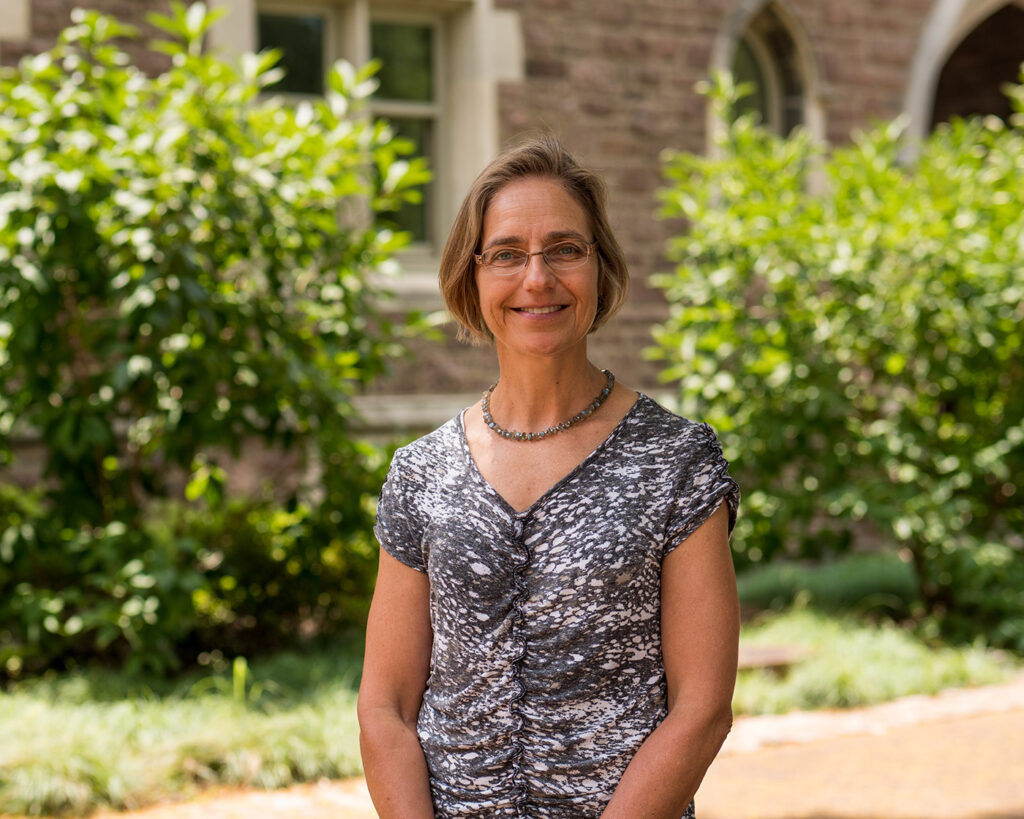
Barbara Kunkel studies the complex battle between plants and pathogens. As a postdoctoral trainee, she pushed the field forward in our understanding of how plants sense and respond to the presence of a pathogen. As a professor of biology in Arts & Sciences at Washington University in St. Louis, she has made significant contributions to understanding the strategies plant pathogens use to manipulate their plant hosts.
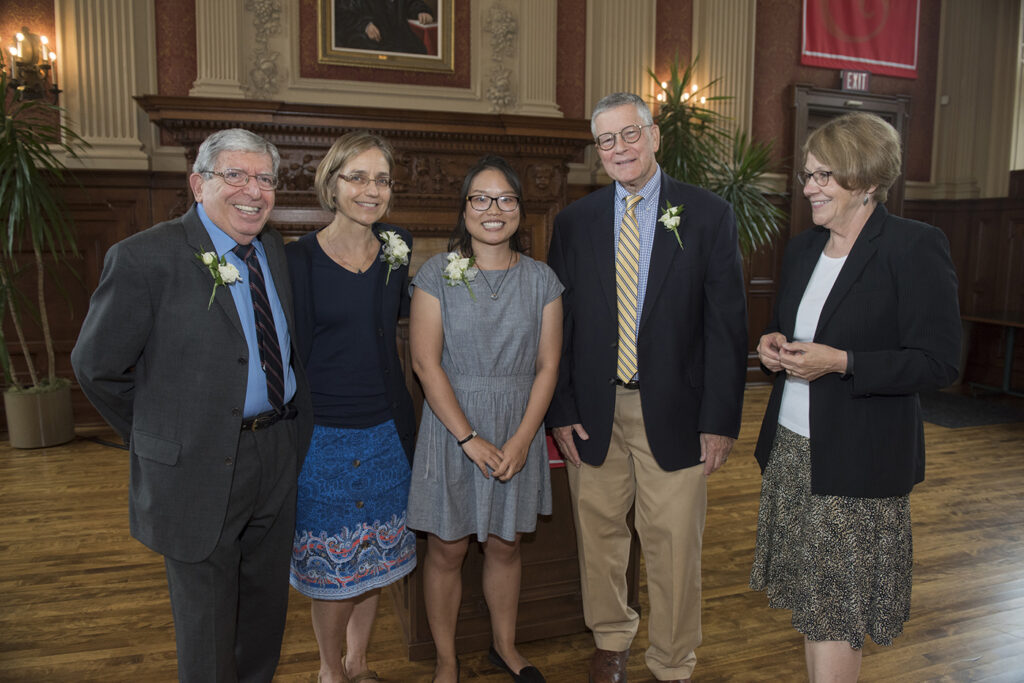
In addition to her research, Kunkel is an exceptional educator, beloved by her students. She is a thoughtful mentor and colleague who has supported many trainees and junior faculty during her time at the university. In 2020, she was selected as a fellow by the American Association for the Advancement of Science (AAAS), the world’s largest general scientific society, in recognition of her contributions to science. Kunkel joined 14 other AAAS fellows previously selected from the Department of Biology, including three women.
Here, Arts & Sciences’ Marta Wegorzewska visits with Kunkel about what the award means to her, and readers get to know more about a woman who is doing the scientific research she loves.
You are a 2020 AAAS fellow. Congratulations! What does this honor mean to you — especially as a woman in science?
I am thrilled to be joining the ranks of the other AAAS fellows in our department, including several women. It is an honor to be recognized for the work that my students and I have done over the years.
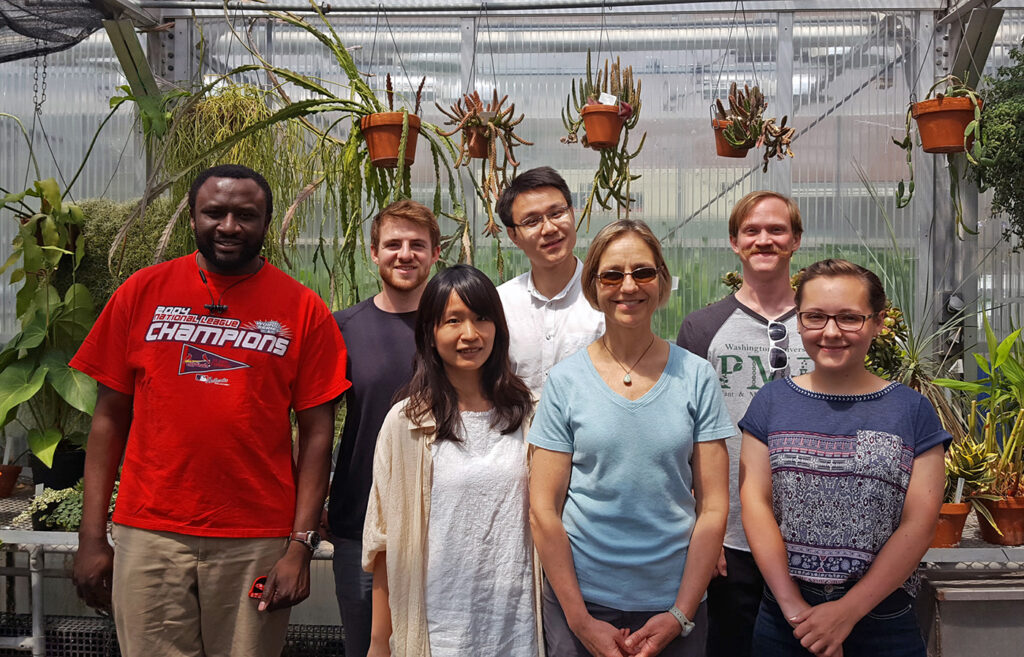
Academia has a history of not always recognizing the contributions of women scientists. Do you agree that it is important for other women and men to promote the scientific work of female colleagues — work that deserves recognition?
Absolutely. Bringing awareness to this need for supporting our female colleagues is important. And because of this, I am thankful that the nomination process involves fellows who are truly looking out for women to recognize and promote their work that is worthy of this honor. I’m appreciative of the scientists who nominated me to become a AAAS fellow.
I recently learned that your mother is a scientist who decided to discontinue her research after becoming a mother. You chose a different path after becoming a mother. Did your mother’s decision influence the path you chose?
It was not my mother’s decision not to continue in science that impacted my decision; it was her advice. And you might be surprised with what I am about to say. She was constantly expressing her concerns about my wanting to become a research faculty member at an academic institution. But I realized that her advice was coming from her own experiences.
My parents were both scientists — like me and my husband. But in the early ’70s, they believed in the more traditional roles of the way the family was run. My father was a loving and supportive father, but he did not take on 50% of the work at home. I think my mom, from her perspective, didn’t want me to be in her situation, understanding how much time and energy it took to run an academic research lab. So, she did not encourage me to pursue my plans to be a professor.
However, I did pay attention to her concerns. Thus, my future husband, Michael, and I talked about how it would be possible for me to be a mother and a scientist. Actually, we discussed how both of us could be parents and research professors (he is also a biology PhD), and the plan was that my husband would take on 50%, or as close to 50%, of the child rearing.
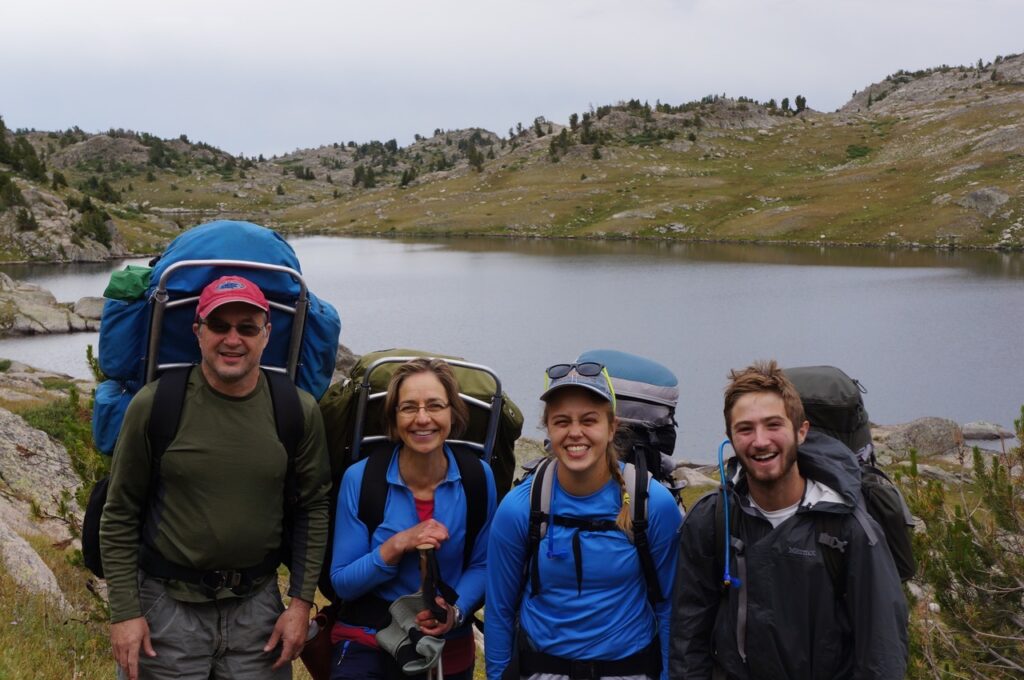
Read more of this Q&A with Kunkel on the Department of Biology webpage, including her advice for young scientists starting out in their careers and her reflection on a recent screening of the “Picture a Scientist” film.
